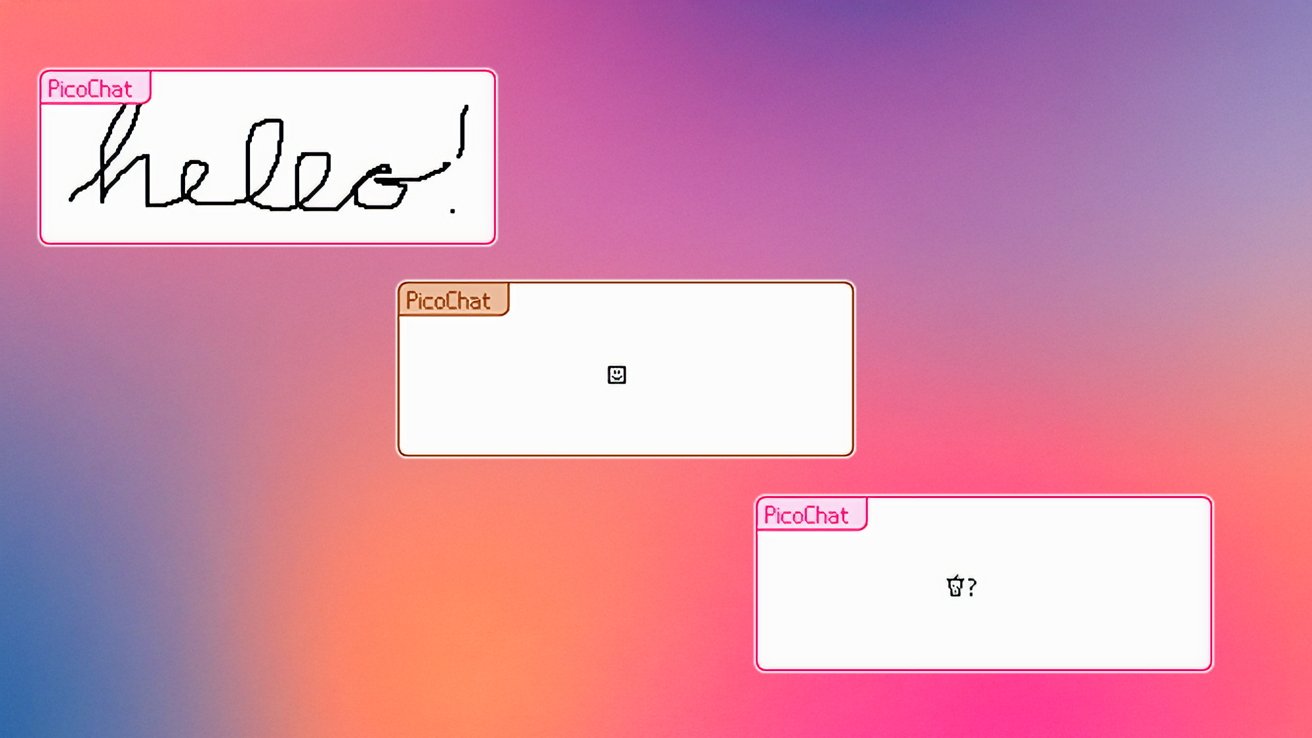How to Address Scala 3.6.4 Preprocessor Message Deduplication?
In the journey of using Scala 3.6.4, you might encounter situations where you're trying to debug your code and use quotes.reflect.report.info to log messages. However, you may notice that the compiler output doesn’t display all the messages you expect, and it seems like Scala is deduplicating these messages, even when they are unique. Understanding the Issue The issue arises from the way Scala's compiler optimization handles logging messages. When using quotes.reflect.report.info, the compiler may decide to suppress logging information that it considers duplicate. This can lead to frustration, especially when you rely on descriptive debugging information to trace issues within your macros or templates. This deduplication feature is crafted by design, aimed at reducing noise in the error output, but it can become a hurdle when debugging complex macros where distinct calls yield unique messages that should be reported separately. This experience highlights an essential aspect of working with Scala macros, focusing on preserving clarity in compilation output while ensuring that meaningful diagnostics are communicated effectively. Temporary Workarounds While you're looking for a solution, there are a few workarounds you can consider: Use Unique Identifiers: To bypass the deduplication, consider appending unique identifiers, such as timestamps or counter values, to your log messages. This ensures that every message appears unique to the compiler: quotes.reflect.report.info(s"Debug message at ${System.currentTimeMillis()}: Unique message to log") Custom Configuration for Logging: You may also want to explore custom configurations for logging. Using a logging library like Logback or SLF4J can give you more control over the verbosity of your compiler logs. Here's a basic setup using SLF4J in Scala: import org.slf4j.{Logger, LoggerFactory} val logger: Logger = LoggerFactory.getLogger(getClass) logger.info("This is a detailed debug message.") Exploring Compiler Options You mentioned that you have already tried various compiler options. Here are some notable options you can revisit that might help improve compiler output visibility: -Xlint: This compiler option can provide additional warnings and might give you more information. -Dlog4j.configurationFile: If you manage logging through log4j, ensure this is correctly set to your logging configuration file. Testing with different variations of the above options can help to reveal more about what messages are being output, if at all. Final Thoughts While using System.out.println works as a quick solution, it bypasses the Scala logging mechanism entirely. Adopting a custom logging library provides more flexibility in configuring log levels, output formats, and where logs are sent while still respecting the overarching logging structure that Scala presents. If the deduplication of the compiler messages remains a significant issue in your development, it may also be worth checking the official Scala forums, JIRA pages, or GitHub repository for any ongoing issues or feature requests pertaining to this behavior. You could potentially find discussions that offer more solutions or even tools that other developers have created to enhance Scala's native logging capabilities. Frequently Asked Questions Q1: What is quotes.reflect.report.info in Scala? quotes.reflect.report.info is a method used in Scala macros to produce informational messages during the compilation process. Q2: Why aren't all my messages displayed when using quotes.reflect.report.info? The Scala compiler can deduplicate messages it considers as non-unique; thus, only a few messages might show up in the output. Q3: Can I prevent message deduplication in Scala? Currently, there’s no direct way to prevent deduplication, but using unique message identifiers can help. Q4: What logging libraries do you recommend for Scala? SLF4J and Logback are both excellent options for logging that provide you with enhanced control over your application logs.

In the journey of using Scala 3.6.4, you might encounter situations where you're trying to debug your code and use quotes.reflect.report.info to log messages. However, you may notice that the compiler output doesn’t display all the messages you expect, and it seems like Scala is deduplicating these messages, even when they are unique.
Understanding the Issue
The issue arises from the way Scala's compiler optimization handles logging messages. When using quotes.reflect.report.info, the compiler may decide to suppress logging information that it considers duplicate. This can lead to frustration, especially when you rely on descriptive debugging information to trace issues within your macros or templates.
This deduplication feature is crafted by design, aimed at reducing noise in the error output, but it can become a hurdle when debugging complex macros where distinct calls yield unique messages that should be reported separately. This experience highlights an essential aspect of working with Scala macros, focusing on preserving clarity in compilation output while ensuring that meaningful diagnostics are communicated effectively.
Temporary Workarounds
While you're looking for a solution, there are a few workarounds you can consider:
- Use Unique Identifiers: To bypass the deduplication, consider appending unique identifiers, such as timestamps or counter values, to your log messages. This ensures that every message appears unique to the compiler:
quotes.reflect.report.info(s"Debug message at ${System.currentTimeMillis()}: Unique message to log")
- Custom Configuration for Logging: You may also want to explore custom configurations for logging. Using a logging library like Logback or SLF4J can give you more control over the verbosity of your compiler logs. Here's a basic setup using SLF4J in Scala:
import org.slf4j.{Logger, LoggerFactory}
val logger: Logger = LoggerFactory.getLogger(getClass)
logger.info("This is a detailed debug message.")
Exploring Compiler Options
You mentioned that you have already tried various compiler options. Here are some notable options you can revisit that might help improve compiler output visibility:
- -Xlint: This compiler option can provide additional warnings and might give you more information.
- -Dlog4j.configurationFile: If you manage logging through log4j, ensure this is correctly set to your logging configuration file.
Testing with different variations of the above options can help to reveal more about what messages are being output, if at all.
Final Thoughts
While using System.out.println works as a quick solution, it bypasses the Scala logging mechanism entirely. Adopting a custom logging library provides more flexibility in configuring log levels, output formats, and where logs are sent while still respecting the overarching logging structure that Scala presents.
If the deduplication of the compiler messages remains a significant issue in your development, it may also be worth checking the official Scala forums, JIRA pages, or GitHub repository for any ongoing issues or feature requests pertaining to this behavior. You could potentially find discussions that offer more solutions or even tools that other developers have created to enhance Scala's native logging capabilities.
Frequently Asked Questions
Q1: What is quotes.reflect.report.info in Scala?
quotes.reflect.report.info is a method used in Scala macros to produce informational messages during the compilation process.
Q2: Why aren't all my messages displayed when using quotes.reflect.report.info?
The Scala compiler can deduplicate messages it considers as non-unique; thus, only a few messages might show up in the output.
Q3: Can I prevent message deduplication in Scala?
Currently, there’s no direct way to prevent deduplication, but using unique message identifiers can help.
Q4: What logging libraries do you recommend for Scala?
SLF4J and Logback are both excellent options for logging that provide you with enhanced control over your application logs.








































































































































































![[The AI Show Episode 146]: Rise of “AI-First” Companies, AI Job Disruption, GPT-4o Update Gets Rolled Back, How Big Consulting Firms Use AI, and Meta AI App](https://www.marketingaiinstitute.com/hubfs/ep%20146%20cover.png)



































































































































































































































.jpeg?#)





-Pokemon-GO---Official-Gigantamax-Pokemon-Trailer-00-02-12.png?width=1920&height=1920&fit=bounds&quality=70&format=jpg&auto=webp#)













![Beats Studio Pro Wireless Headphones Now Just $169.95 - Save 51%! [Deal]](https://www.iclarified.com/images/news/97258/97258/97258-640.jpg)







































































































































































































































